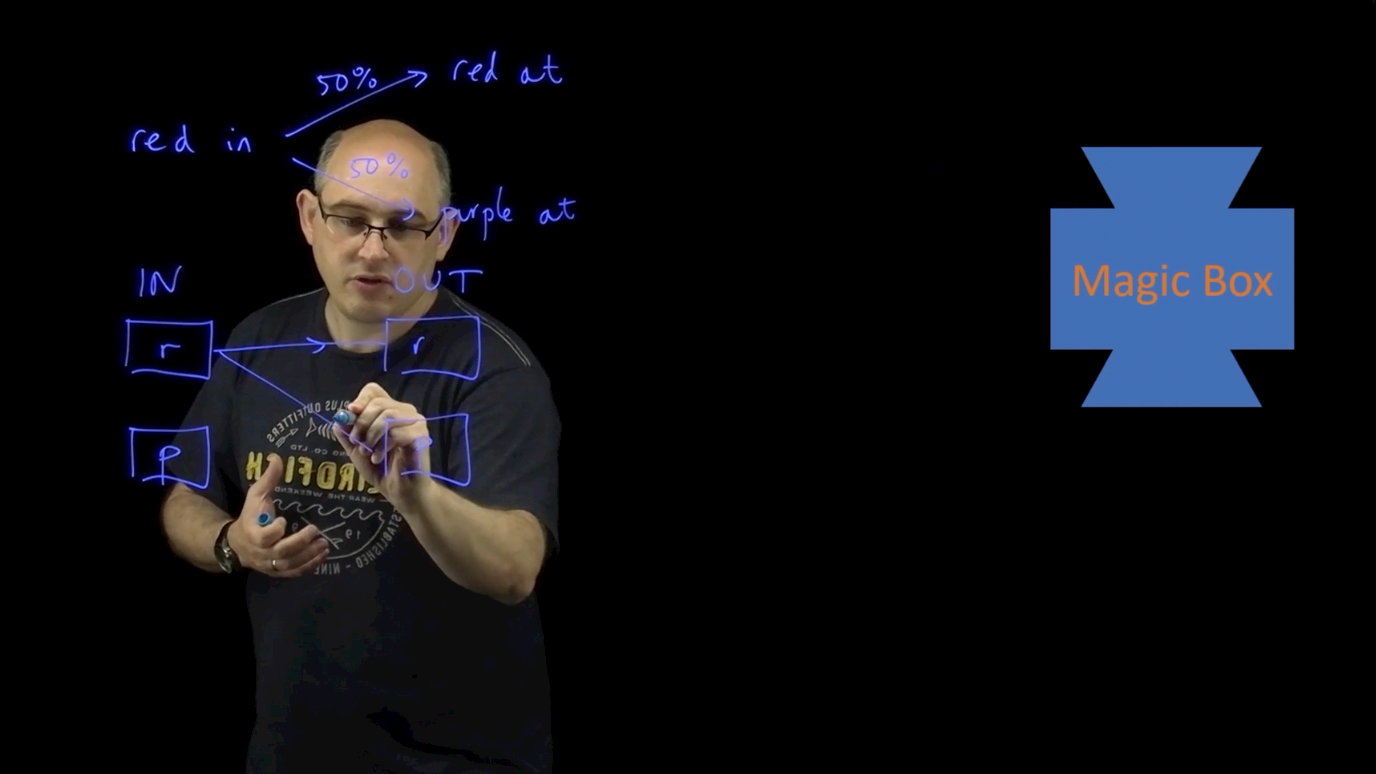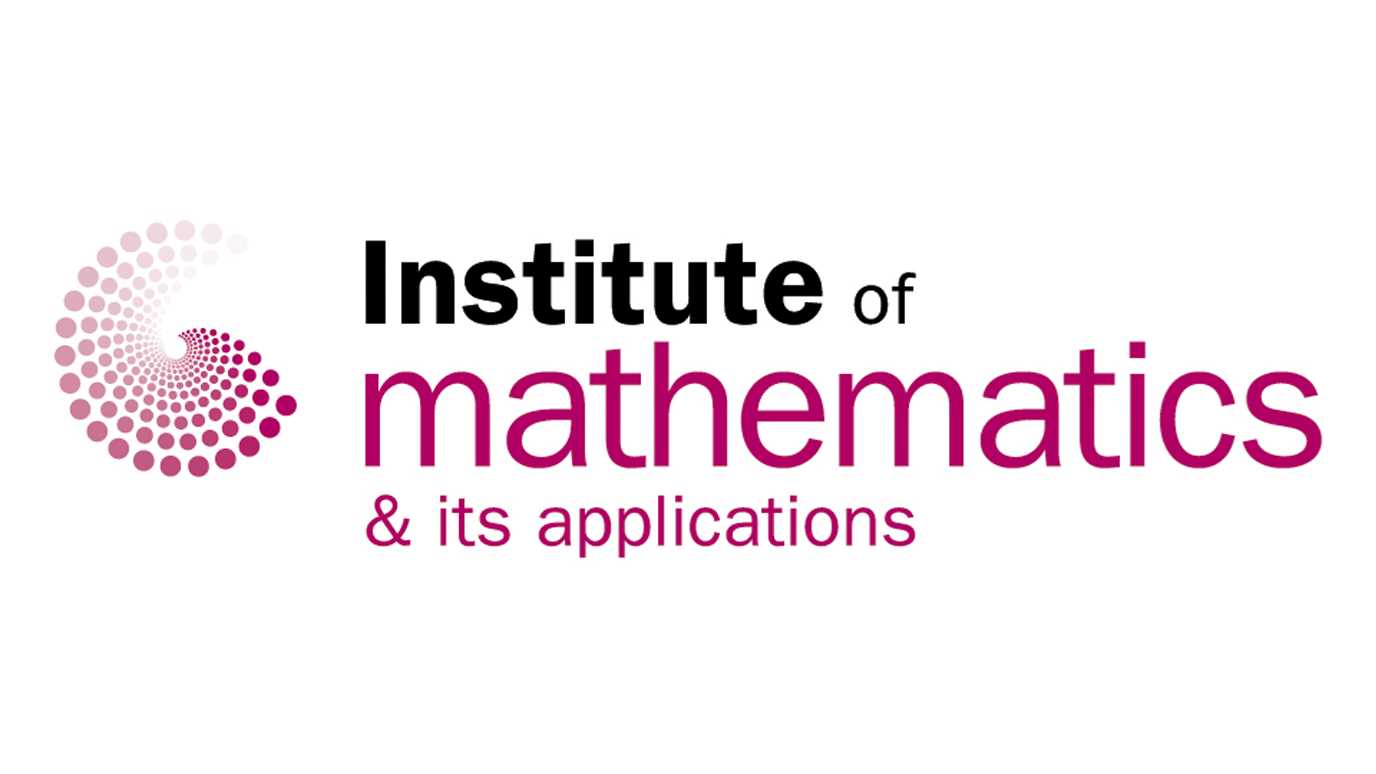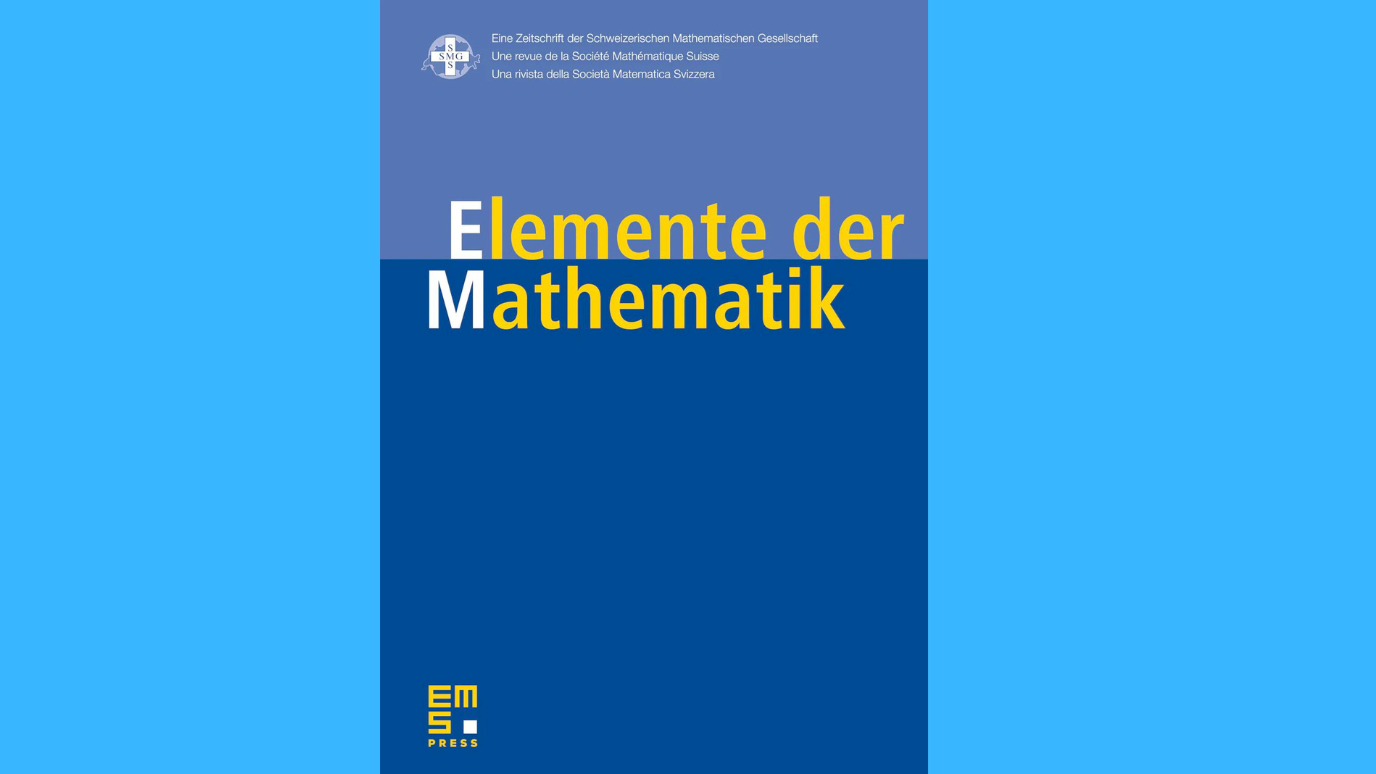Dr Kay has been awarded a grant for the project entitled "Unlocking the potential of Quantum LDPC Codes for low-overhead fault-tolerance"

Dr Kay
This project is a collaboration with Prof. D. Browne at UCL and Dr. I. Rungger at the National Physical Laboratory and Royal Holloway, University of London. A post-doctoral researcher who will be based at Royal Holloway will join the group soon.
Quantum computers have huge promise to solve problems which lie beyond the capabilities of even the world's fastest conventional computer, using quantum effects to compute in a fundamentally new way. However, quantum effects are fragile. Quantum systems are vulnerable to noise and error due to interactions with the world around them, and this noise and error tends to render a quantum computer no more powerful, at best, than a conventional classical computer.
While progress in engineering prototype quantum computers to reduce this error is impressive, and clever algorithmic tricks are being developed to help minimise its effects, to run the most valuable large-scale computations on a quantum computer, the noise needs to be removed almost entirely.
This can be done using the techniques of quantum error correction, where quantum data is stored in an error correcting code. The leading quantum error correcting code is called the surface code - a particularly simple code with a regular, repeated structure which can be realised on a two-dimensional surface. The surface code is now very well studied, and the full details of how it can be used to store data, correct errors and implement logical gates are well studied. It is the leading approach to large scale quantum computation and most industrial roadmaps for building such a device are based on it.
However, the surface code has a key disadvantage. It is a highly inefficient way of storing information, and very large numbers of quantum bits (qubits) are required to use it for even a relatively modest computation. For every quantum bit used for computation, thousands or more are needed for the error correction.
There has thus been an ongoing search, since the surface code was discovered 25 years ago, to find more efficient codes, which nevertheless share some of the practical advantages of the surface code. Potential candidates for such codes have very recently been discovered. They are in a family of codes known as Quantum Low-Density Parity Check codes (or QLPDC codes). Classical LDPC codes are widely used due to their efficient encoding and useful properties, for example in the error correction used in 5G mobile networks. The quantum analogues of these have been studied for nearly 20 years, but only in 2022 was a quantum code discovered which is as efficient in data storage as the best classical codes.
This code, and codes like it, promise to revolutionise the path to large-scale fault tolerant quantum computation, dramatically reducing the number of quantum bits, and therefore hastening the development of large-scale quantum computers.
To realise this promise, however, much work needs to be done. Unlike the simple structure of the surface code, these new highly efficient codes are very complicated. It is therefore far from clear whether their benefits can be realised in practical hardware. Furthermore, little is known about the best way to use such codes for computation. The aim of the project is to fully assess the feasibility of novel QLDPC codes for large-scale quantum computation.























